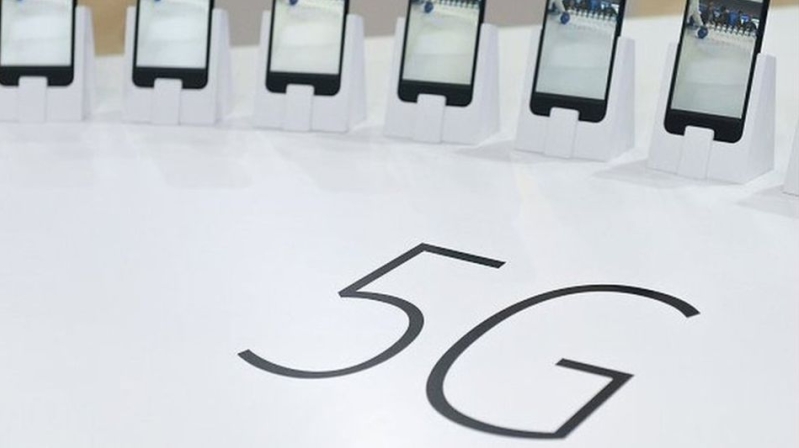
A smart map is currently being developed to pave way for the increase in network and reach of 5G. This map aims to override interceptions of building constructions, trees, hills, and weather cycles, which currently interfere with 3G and 4G signals.
Ordnance Survey, a UK government agency and one of the world's largest producer of maps, is working closely with researchers to have the smart map available in tide with 5G's increase in network.
The biggest challenge now, according to Ordnance Survey, is that frequency and range are inversely proportional and so 5G is expected to be more susceptible to small environmental changes.
"It will be very important to fully understand the topography of each area," Ben Wood, an analyst from CCS Insight says. This is why Ordnance Survey is making its smart maps so detailed, even including vegetation cycles and precipitation levels.
5G, which stands for Fifth-Generation Wireless Broadband Technology, will change the game of Internet data because it can offer faster connections and an almost zero lag on video streaming. It is foreseen that 3G and 4G technologies will be phased out when 5G is launched and offered to more consumers. South Korea was the first to have 5G available in select districts in Seoul where it was said that users can download an entire film in just one second.
But with all the promise of 5G, what exactly differentiates 5G from 4G?
Raconteur offers three areas to derive the analysis: Bandwidth, Technology and Service.
Bandwidth: 4G can handle up to 200 mbps; 5G can handle up to over 1 gbps.
Technology: 4G uses a unified IP and a seamless combination of LAN/WAN/WLAN/PAN; 5G uses 4G plus WWWW (Worldwide Wireless Web).
Service: 4G offers dynamic information access on variable devices; 5G offers dynamic information access on variable devices with all capabilities.
Nationwide deployment for 5G is set for 2020 in Australia and South Korea. The United States' Verizon says that it's currently doing trials in Texas, Oregon, and New Jersey. AT&T is also doing trials but for now, in labs. The United States government, however, has not yet released an official statement.
In the European Union, a 5G manifesto was signed early this year to pledge the "launch of 5G mobile networks in every country within the European Union by 2020." The document specifies that it should be every telco's commitment to launch 5G in at least one city in every EU country.
Signatories include Europe's largest telecommunications networks BT, Nokia, Orange, Vodafone and Deutsche Telekom.






